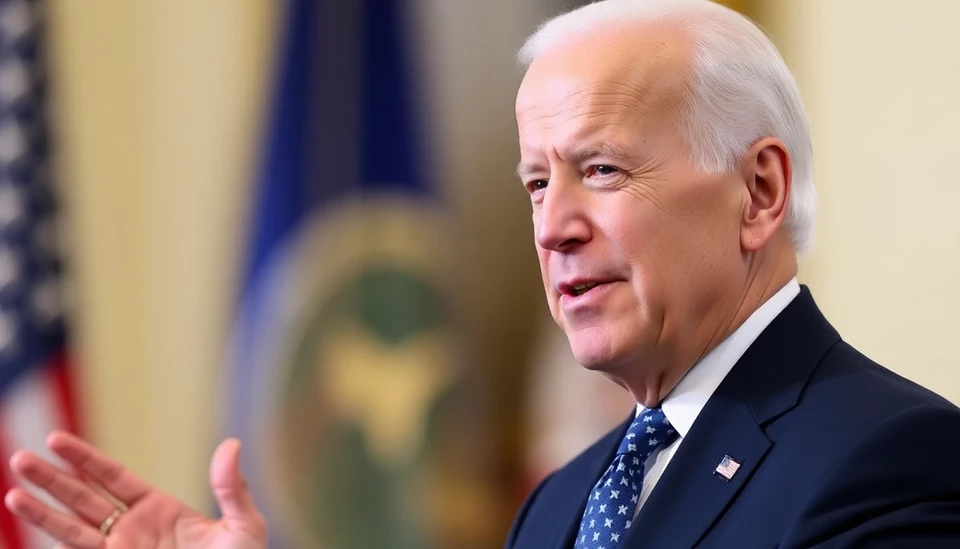
In a significant healthcare development, it has been projected that Medicare will incur expenses exceeding $35 billion for obesity drugs over the next decade. This forecast stems from the growing adoption of weight-loss medications, which have been increasingly recognized for their efficacy in combating obesity.
The urgency surrounding obesity as a public health crisis has led to heightened interest in pharmacological interventions. This anticipated financial burden on Medicare is a byproduct of an expanding cohort of beneficiaries, particularly as the prevalence of obesity continues to rise across the United States. Experts assert that the implications of these expenditures could influence broader discussions surrounding healthcare access and medical costs in the years to come.
Major pharmaceutical companies are reportedly moving forward with innovative obesity medications, which have shown promising results in clinical trials, leading to their approval and subsequent popularity among doctors and patients alike. Drugs like Wegovy and Ozempic have gained traction, with many healthcare professionals advocating for their usage as vital tools in the fight against obesity-related conditions, such as diabetes and cardiovascular disease.
However, while these drugs present an avenue for improved health outcomes among individuals struggling with obesity, they also bring to the forefront the question of financial sustainability within Medicare, which is already under strain from rising healthcare costs. With estimates suggesting that around 30% of the American adult population is considered obese, the demand for these medications is expected to continue climbing, thereby compounding the fiscal challenges for the Medicare program.
Analysts are closely monitoring this trend, recognizing that the utilization of these medications could lead to significant healthcare savings in the long run by mitigating the risks associated with obesity, including hospitalization rates and chronic disease management. Nonetheless, the immediate strain on Medicare’s resources raises concerns about equitable access to these life-changing drugs as more beneficiaries enroll in the program.
As discussions around the accessibility and affordability of these obesity treatments gain traction, stakeholders from various corners of the healthcare industry are called upon to contribute to a sustainable strategy that balances innovation in medical treatments with the fiscal limitations of federal health programs.
In summary, as obesity treatments become more commonplace and Medicare braces for a substantial financial impact, the future of healthcare policy will undoubtedly revolve around finding solutions that prioritize both patient needs and program viability in conjunction with the daunting statistics surrounding obesity in the U.S.
#ObesityDrugs #MedicareCosts #HealthcarePolicy #WeightLossMedications #PublicHealth #Pharmaceuticals #ChronicDisease #HealthcareAccess
Author: John Harris


